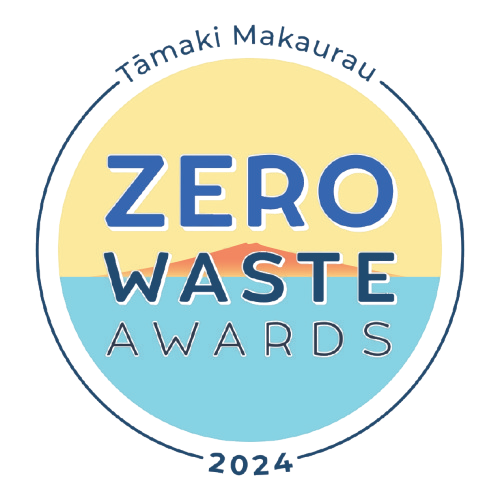
13AUG
The Growing Problem of Waste

Pictures of streets and landfill sites in developing countries often show overflowing piles of rubbish, creating the impression that more waste is created in poorer countries than in developed nations like New Zealand, where our waste is often out of sight. But the truth is, it’s the other way around. Research from organisations like the IMF shows that wealthier countries like ours often produce at least double the amount of waste per person as developing countries do. In fact, New Zealand comes in at fourth place, topped only by Denmark, Switzerland and the United States.
Why is that developed countries produce so much more waste? As incomes rise, people begin purchasing more in general, and the things they purchase change. The majority of the rubbish in poorer developing nations is biodegradable, but as wealth grows, the luxury goods that proliferate, such as electronic appliances and vehicles, are more likely to contain inorganic materials such as metal and plastic. China, with its fast-growing economy, is one recent example of this shift. Back in 2004, China produced roughly 190,000,000 tonnes of waste, but by 2030, this is predicted to reach 480,000,000 tonnes or more.
Accordingly, as developing countries become wealthier and more urbanized, they will likely start producing waste in larger amounts like currently developed countries. This and the world’s growing population mean it’s predicted that yearly production of global waste will have increased by 70% in 2050 compared to what they were in 2016. Although the daily waste produced per person in Sub-Saharan Africa is currently less than a quarter of the same in the United States, waste production there is predicted to become three times what it is now by 2050, and South Asia is also expected to double its waste output.
Even though developing countries produce less waste, a lack of infrastructure makes what waste there is more visible and difficult to deal with, and rapid development can make the problem worse by increasing the amount of waste. 90% of waste in developing countries ends up in unregulated dumps or burned out in the open, with negative environmental and health consequences. One charity calculates that between four hundred thousand and one million people die from diseases resulting from mishandled waste every year. In countries without official rubbish collection schemes, waste pickers earn a living sorting through dumps to find reusable items. Adaptations like this help to manage overwhelming waste to some degree, but leave the workers exposed to a number of health risks including diseases and harmful chemicals.
It’s good to remember how lucky we are in New Zealand to be able to dispose of our waste safely and easily. If you’ve managed to let some junk accumulate that needs taking care of, then don’t hesitate to call Junk2Go. We offer a simple alternative to regular or mini skip prices, and recycle or repurpose what we collect whenever possible. Call 0800 586 524 today.

